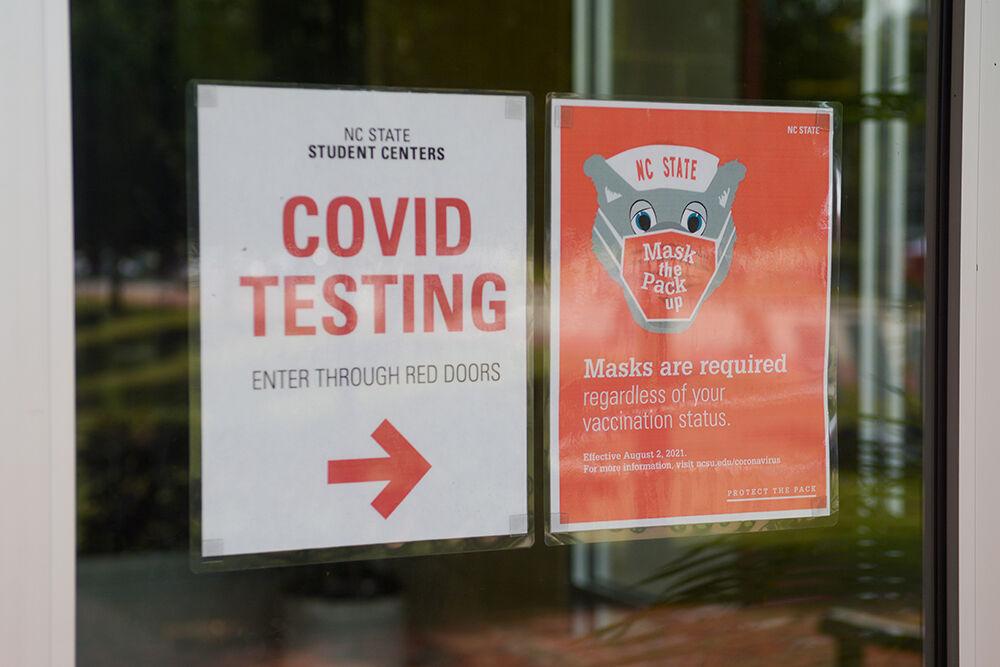Last week, Governor Roy Cooper issued a stay-at-home order, requiring those who aren’t providing or accessing essential services to stay inside and away from others. Exceptions include health care, food and outdoor physical activity, all of which enable people to care for their own well-being. In all of these activities, however, strict social distancing is required at all times.
This order is the latest in a series of steps the governor and local officials have taken to slow the spread of the virus, which has infected at least 2,500 North Carolinians and killed at least 30. On March 10, Cooper declared a state of emergency in order to better access supplies needed for healthcare workers. Since then, schools and businesses have shut down or transitioned to minimal operations; many people have had to adapt to life at home; and access to bread, toilet paper and other basic goods has fluctuated up and down.
Despite all the changes and stresses being placed on everyone in the state, the North Carolina government has taken rapid and helpful steps to safeguard everyone’s well-being. In addition to orders to flatten the curve, the executive and judicial branches have taken steps to protect people who have lost their jobs or are otherwise not making as much money as they usually do. Chief Justice Cheri Beasley ordered the suspension of foreclosure and eviction cases, and Gov. Cooper prohibited gas, electric and water lines from being cut off.
These changes, in addition to new federal guidelines that will pause bills for many Americans, are a welcome sight for those struggling to make ends meet while being powerless to earn more income. They also bring to light why local and state governments are so crucial in responding to an emergency, and thus why voters should pay attention to these elections in November.
Compare North Carolina’s response with some of our neighbors. Tennessee and Georgia just recently issued their own stay-at-home orders, while South Carolina still has not done so. Governors who have refused to issue these orders say they inhibit personal freedoms and would damage the local economy.
This strategy seems risky, as both Georgia and Tennessee have far more cases than North Carolina despite having roughly the same and smaller populations, respectively. While all current case numbers come with the grain of salt that not enough tests are available, the speed at which states reacted to the virus can easily be the difference between life and death.
Our state is fortunate to have leaders who have gotten out ahead of the virus and hopefully will continue to do so until the threat has passed. Voters should remember this come November when, for instance, Cooper will face Lieutenant Governor Dan Forest, who criticized the governor’s order to close dine-in restaurants a few weeks ago before walking back his remarks as the virus continued to spread.
It’s too early to predict how coronavirus will shape American life over the coming year. When final tallies come in, let’s hope the actions all state leaders are taking will be enough to minimize the harm the virus causes. Until then, we must all continue to do our part to defeat our microscopic foe.



















